AI: Cutting-Edge Overview with Dr Sanson Poon
28/10/2025
13:00 - 14:00Dr Sanson Poon disusses Using AI to Accelerate Natural Science Research: The Journey from a Museum Lab to a National Programme
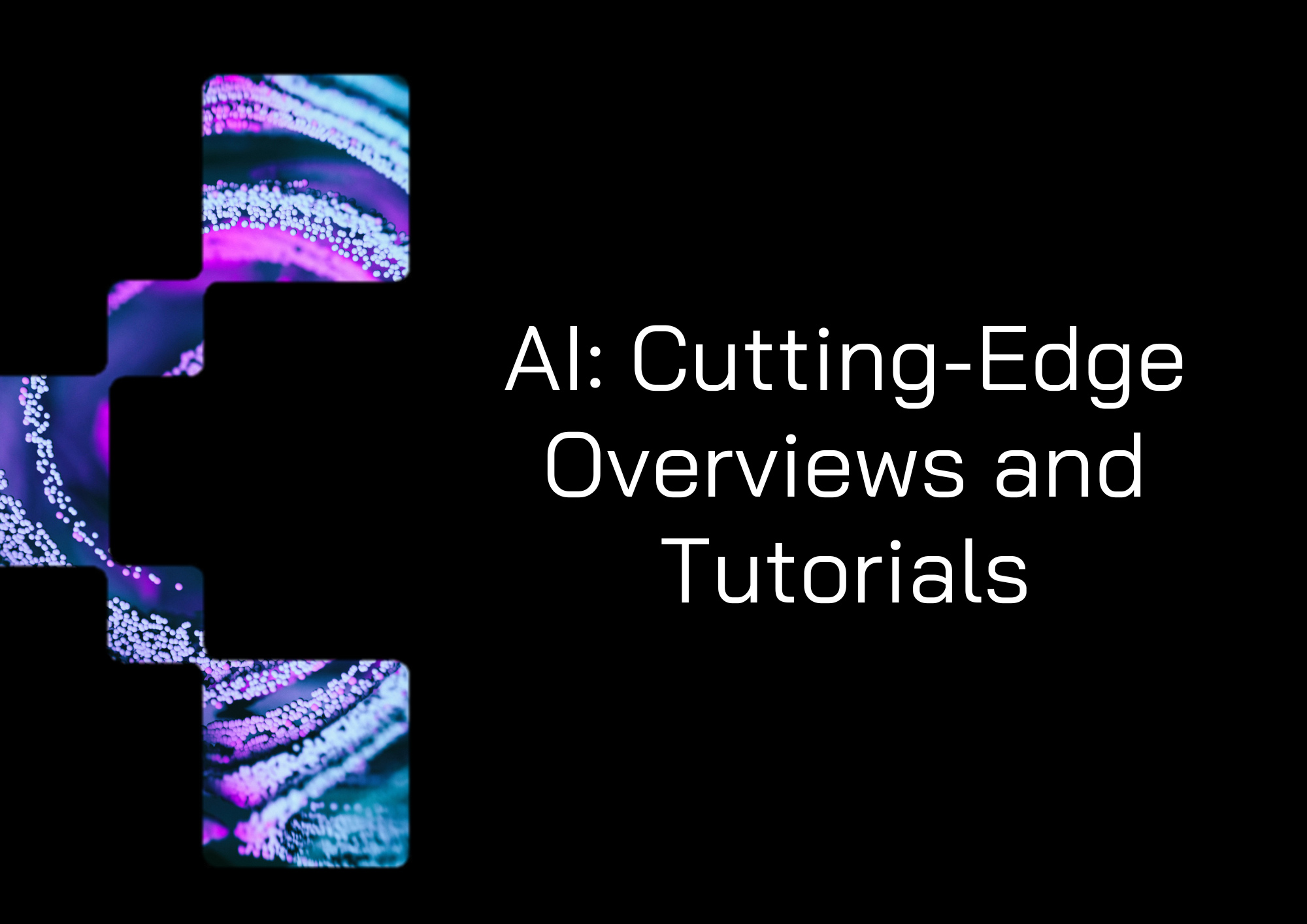
Dr Sanson Poon disusses Using AI to Accelerate Natural Science Research: The Journey from a Museum Lab to a National Programme

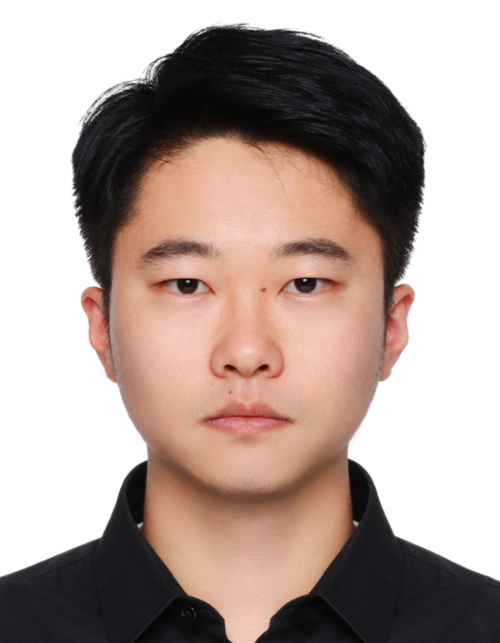
Graph Neural Networks (GNNs) are the most widely used techniques for handling unstructured data and have demonstrated success in various applications, such as drug discovery and recommendation systems.
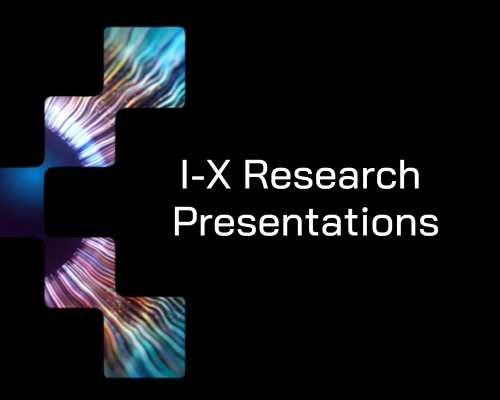
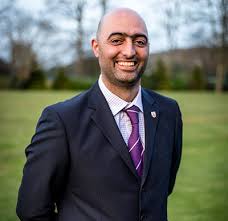
In this talk, Hamed will introduce the NetSys group’s research. They work on a broad range of research topics including User-Centred Systems, IoT, Applied Machine Learning, Privacy, and Human-Data Interaction.


Message passing (MP) stands as a cornerstone in Geometric Deep Learning, driving the success of Graph Neural Networks (GNNs) in analysing both graphs and point clouds, and leading to empirical achievements in many scientific domains. Despite its widespread application, the theoretical underpinnings of MP’s successes and limitations remain underexplored.

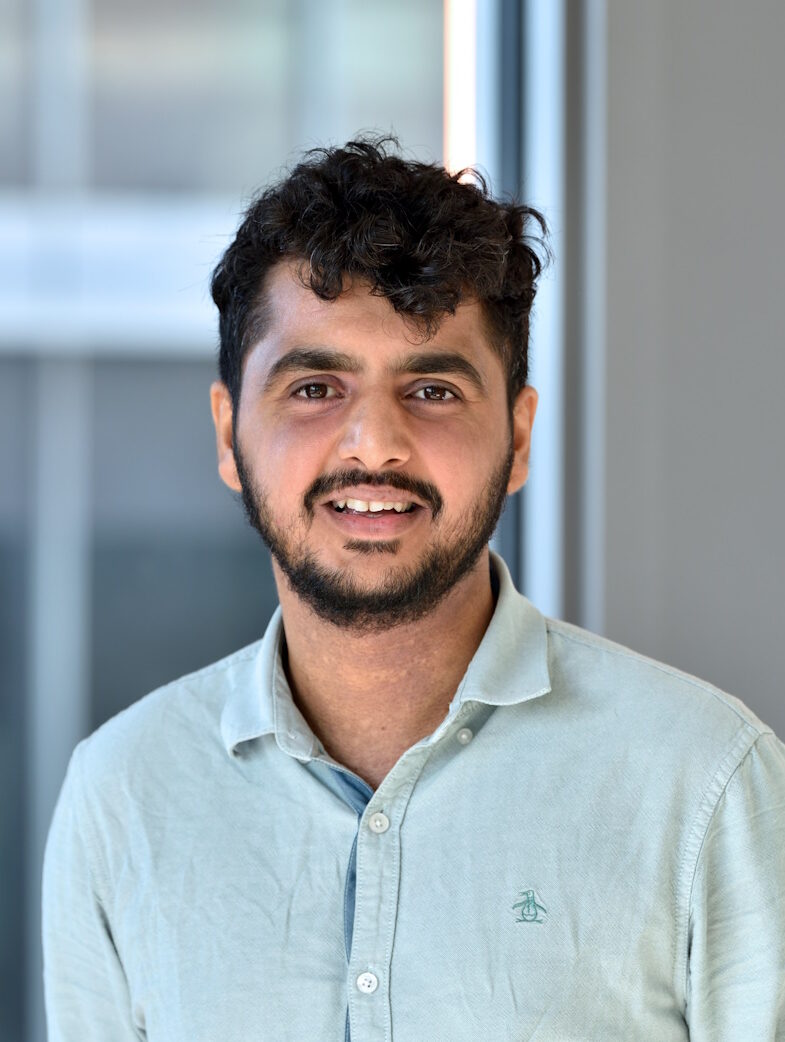
This talk will primarily serve as an overview of the work being carried out in I-X’s Ecosystem Sensing group.


Deep learning has shown great potential in improving and accelerating the entire medical imaging workflow, from image acquisition to interpretation. This talk will focus on the recent advances of deep learning in medical imaging, from the reconstruction of accelerated signals to automatic quantification of clinically useful information.

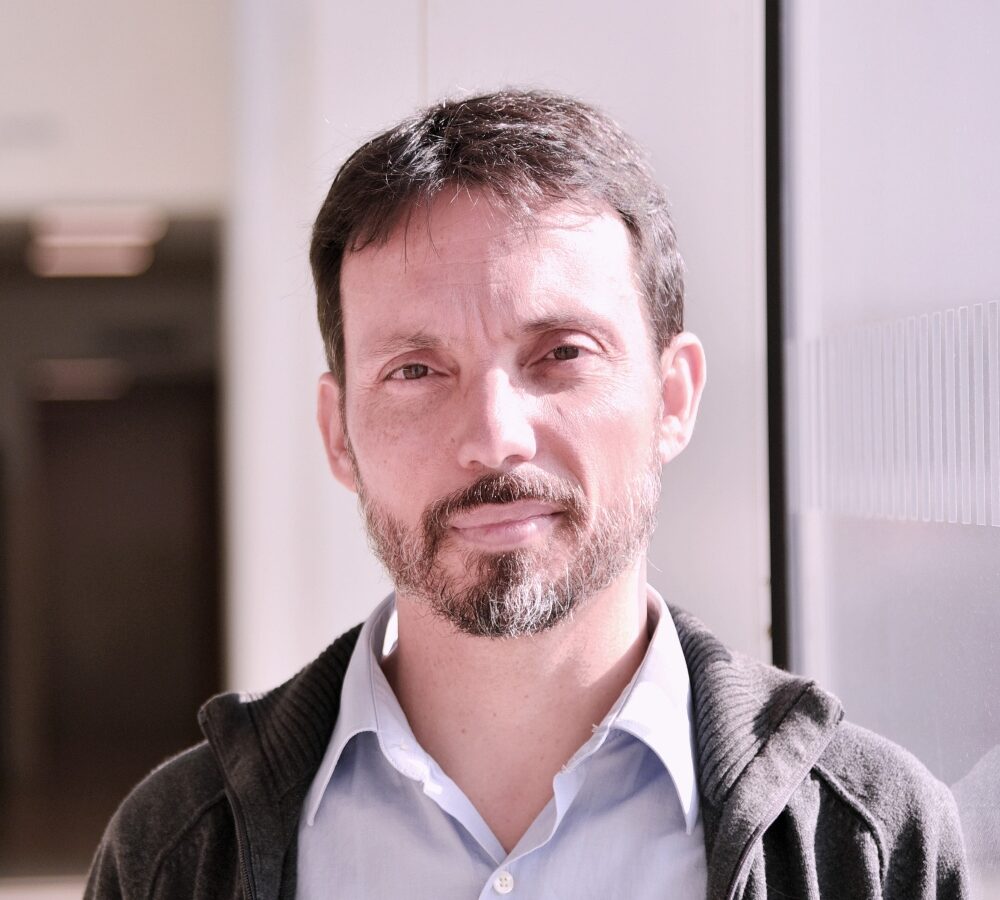
I will introduce the fundamental ideas and challenges of “Predictable AI”, a nascent research area that explores the ways in which we can anticipate key indicators of present and future AI ecosystems. I will argue that achieving predictability is crucial for fostering trust, liability, control, alignment and safety of AI ecosystems, and thus should be prioritised over performance.